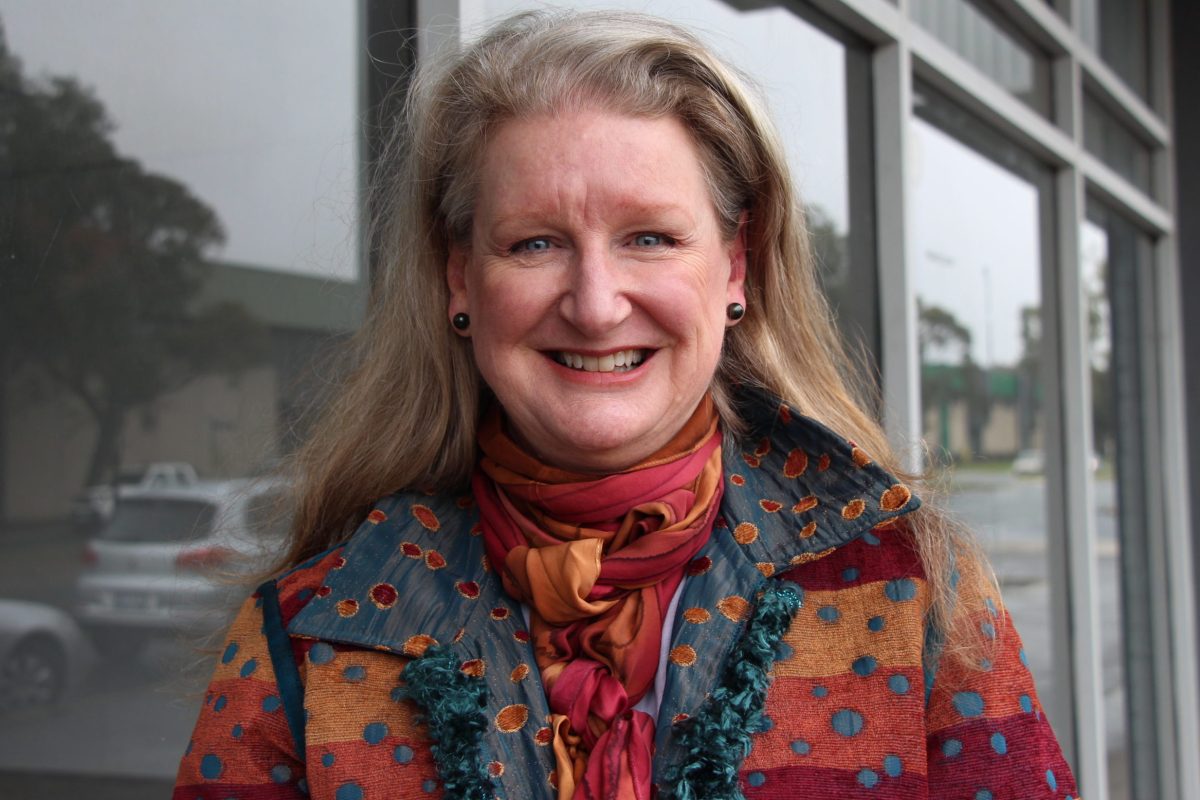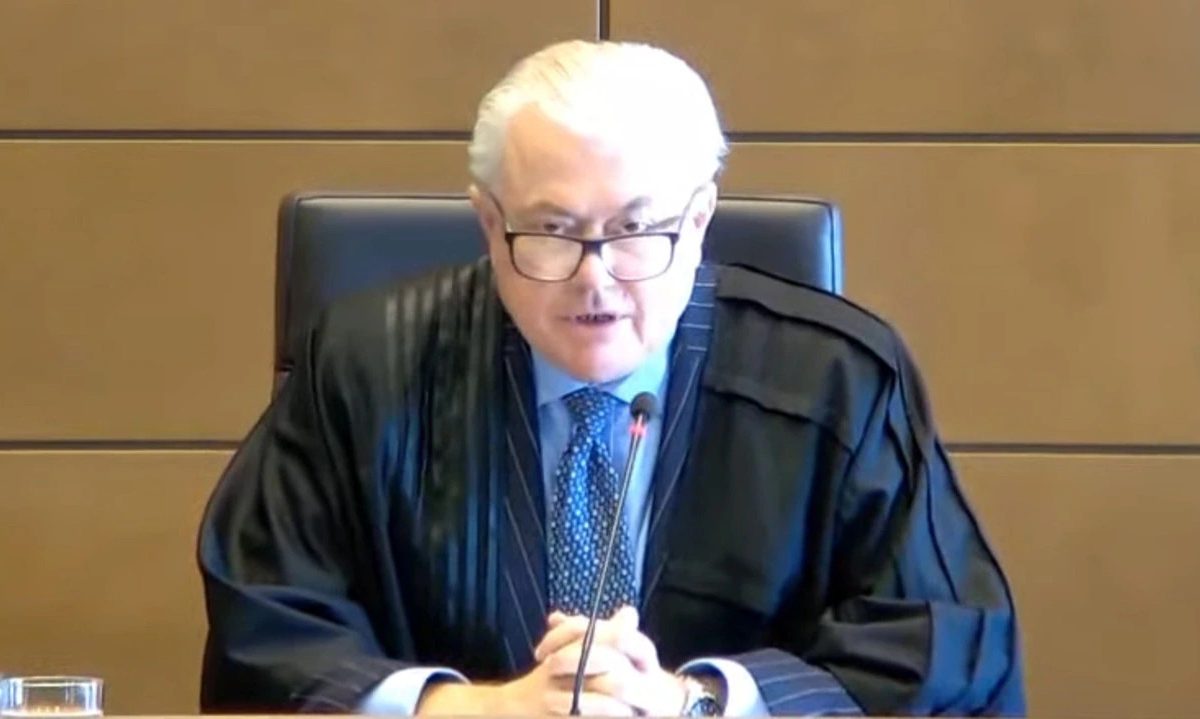SURROGACY is on the rise in the ACT, nationally and internationally, and while not every case ends up an international storm like Baby Gammy’s, if not handled with care it can be a heartbreaking experience.

In the ACT, laws are tight and many boxes must be ticked, and many substitute parents are surprised to learn that at least one substitute parent must be a genetic parent, but neither the surrogate mother or her partner can be, so their ova and sperm cannot be used.
In the ACT, parents cannot pay someone to carry a baby for them, no matter where the surrogate lives – in Australia or overseas. “Commercial surrogacy” is punishable by up to a year’s imprisonment and/or a large fine.
Parents cannot advertise for a surrogate, even online. The surrogate must be at least 25 and all parties must have received adequate counselling and given informed consent before conception.
Another important issue is legal parentage. Many substitute parents believe they automatically become the legal mother and father of the baby they have fought hard for.
However, the Parentage Act 2004 presumes that the woman who gave birth is the legal mother and her husband or partner is the legal father. This is even when substitute parents have a written agreement with the surrogate, which Australian law won’t enforce anyway.
Many parents are surprised that legal parentage is only transferred by Order of the ACT Supreme Court and it’s not automatic.
Conditions must be met, including that substitute parents must be at least 18 and the surrogate parents freely agree to the order being made. At least one substitute parent must be a genetic parent. The baby must be between six weeks and six months old and living with the substitute parents. The conception must have taken place in an ACT-accredited IVF clinic and the order must be in the best interests of the baby.
Some parents falsely believe it’s safe to go overseas and pay for a surrogate.
International surrogacy adds another level of complexity and, again, does not meet Parentage Act conditions. For starters, commercial surrogacy is illegal. Legal parentage won’t be granted because the baby wasn’t conceived here. It can be almost impossible to prove the birth mother received adequate counselling and gave informed consent. Also, the baby may not be able to become an Australian citizen, even if one or other substitute parent is one.
If this isn’t enough, a host of other legal issues must be considered. These include international law, language and cultural barriers, and additional and unexpected costs. Perhaps the biggest issue is what happens if there are unexpected medical problems during pregnancy, the birth or after birth; think Baby Gammy, who is a twin and has Down Syndrome.
The only approach to surrogacy is to understand upfront the complexities, myths and misunderstandings. Parents need to work closely with their lawyer and other professionals to consider the facts rationally and proceed in a clear, logical way – no matter how desperate they are to have a baby of their own.
Emily Tighe is a solicitor with law firm Watts McCray
Who can be trusted?
In a world of spin and confusion, there’s never been a more important time to support independent journalism in Canberra.
If you trust our work online and want to enforce the power of independent voices, I invite you to make a small contribution.
Every dollar of support is invested back into our journalism to help keep citynews.com.au strong and free.
Thank you,
Ian Meikle, editor




Leave a Reply